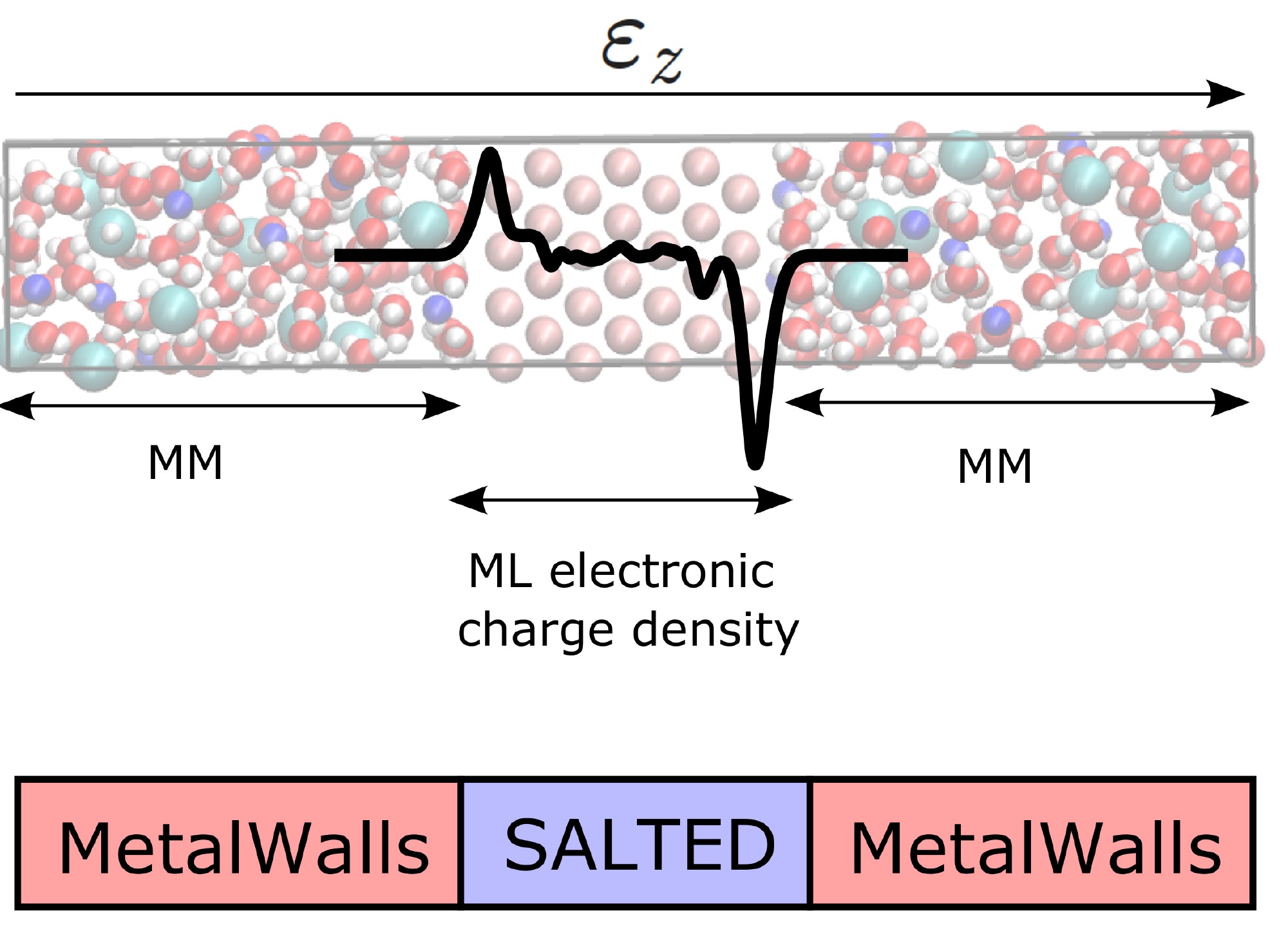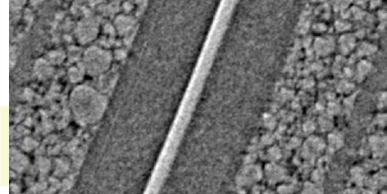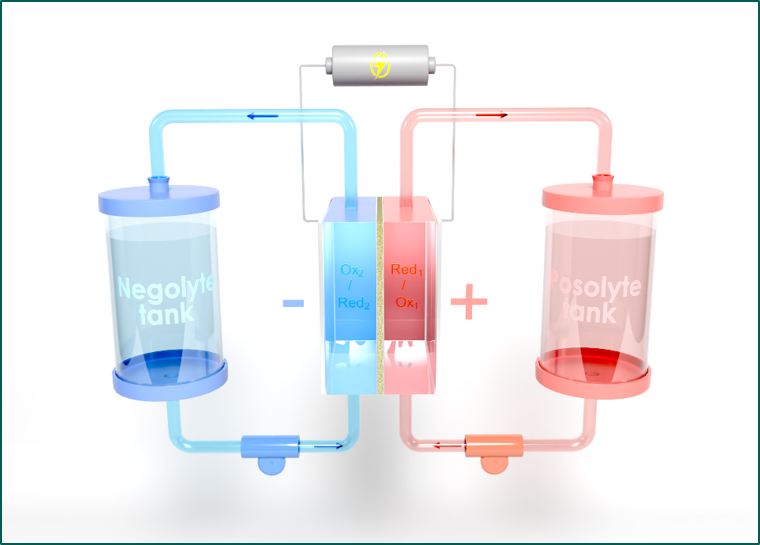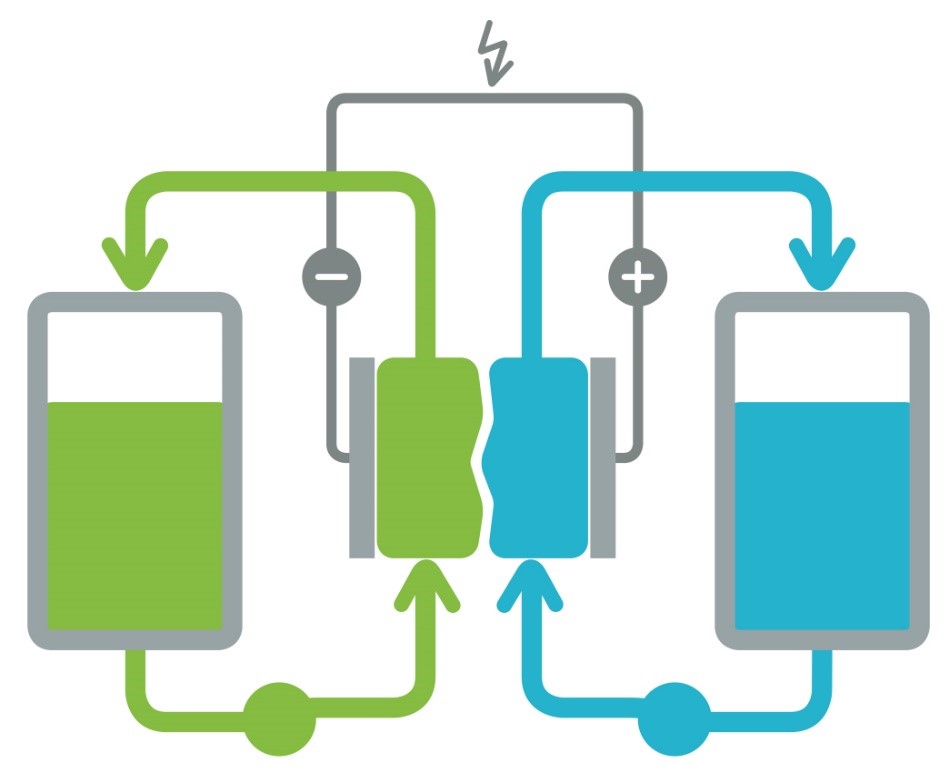
Promising molecules for aqueous redox flow batteries

February 28, 2025

The RADICAL project presents its initial work on organic compounds for producing sustainable electrolytes for aqueous redox flow batteries.
Mathieu ETIENNE (LCPME)
The RADICAL project aims to develop a new, stable electrolyte for aqueous redox flow batteries operating at neutral pH, while adhering to sustainable development principles. The team is exploring organic compounds from the nitroxide family as promising alternatives.
An initial series of five molecules has been synthesized on the gram scale at ICR. The newly developed synthetic routes reduce the number of steps, optimize purification processes, and improve yields. These syntheses are being carried out in close collaboration with LRGP, which is responsible for the life cycle assessment within the RADICAL project.
The study of the physicochemical and electrochemical properties of these compounds at ICGM has revealed potentials and solubilities equivalent to or better than the current state of the art. Initial battery tests have also shown highly promising performance and stability (see figure).
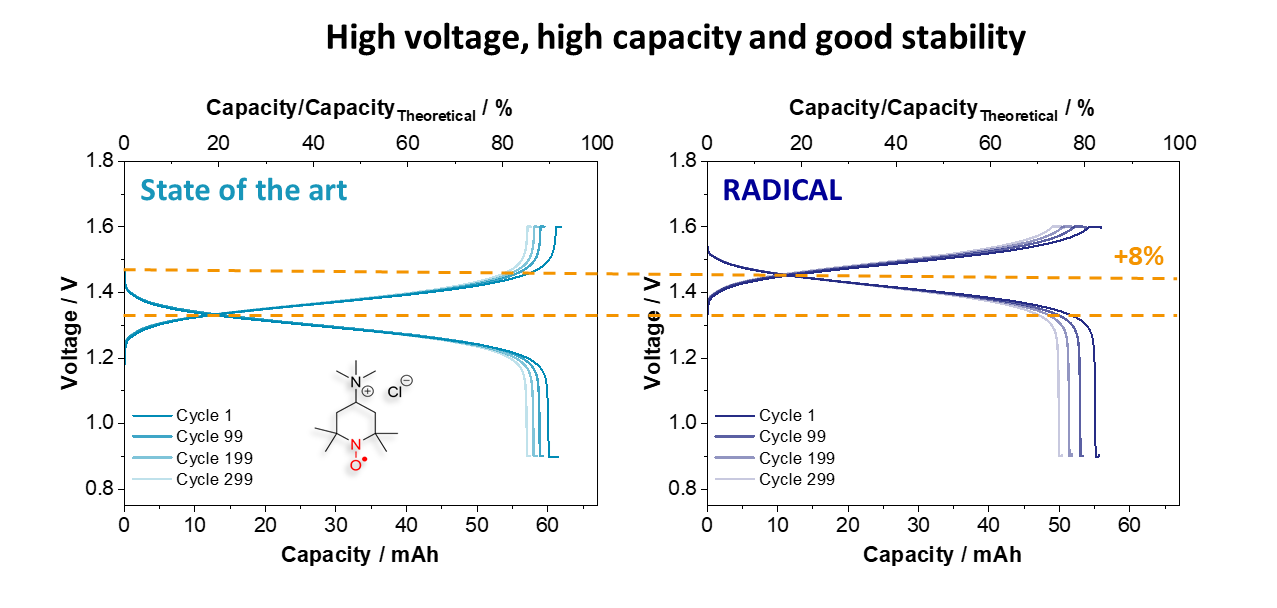
The work carried out by the consortium has made it possible to identify the specific degradation mechanisms of each molecule and to correlate them with their molecular structure. These advances pave the way for the design of even more efficient molecules for the next stages of the project. In this effort, the team is supported by the PHENIX partner, which is studying this family of molecules using theoretical and computational chemistry tools.
Finally, under the coordination of LCPME, the consortia of the RADICAL and DISCOVERY projects are organizing a workshop (https://workshopbao.sciencesconf.org/) on organic aqueous redox flow batteries. This event, which will take place in Paris on April 24–25, 2025, aims to promote the standardization of experiments used to evaluate the performance of new molecules, materials, and systems in this battery family.
Autres Highlights
